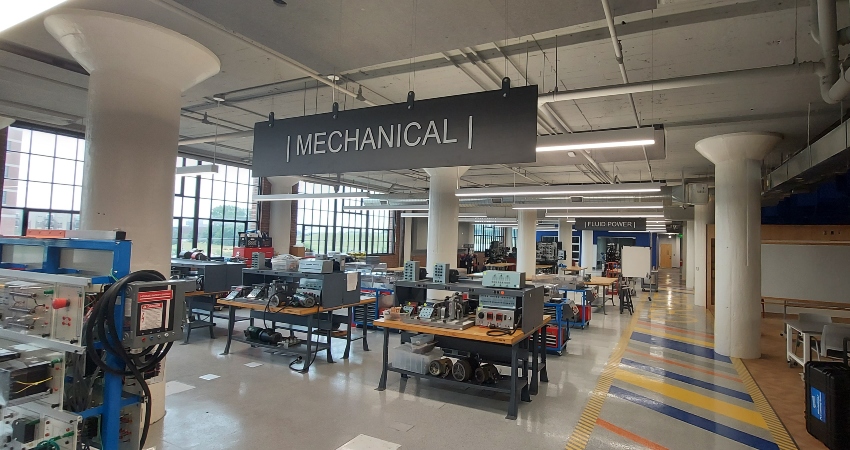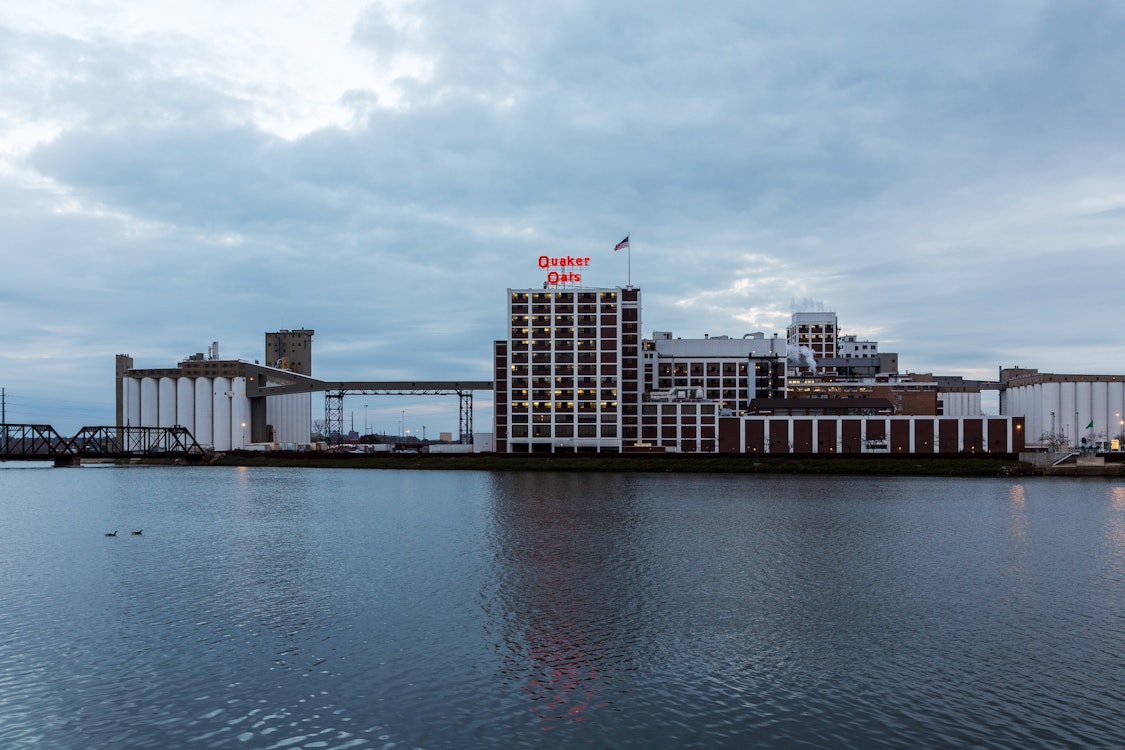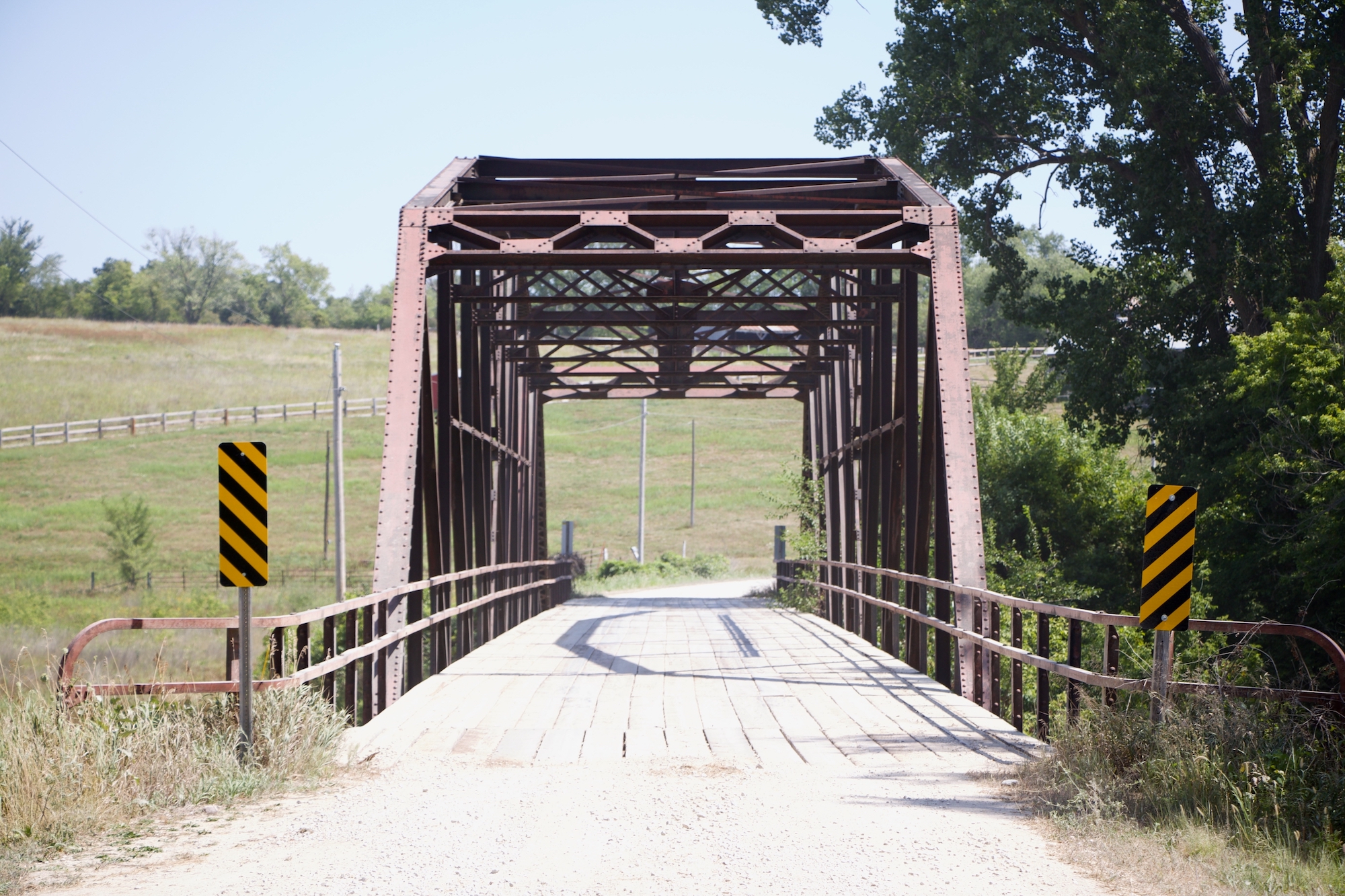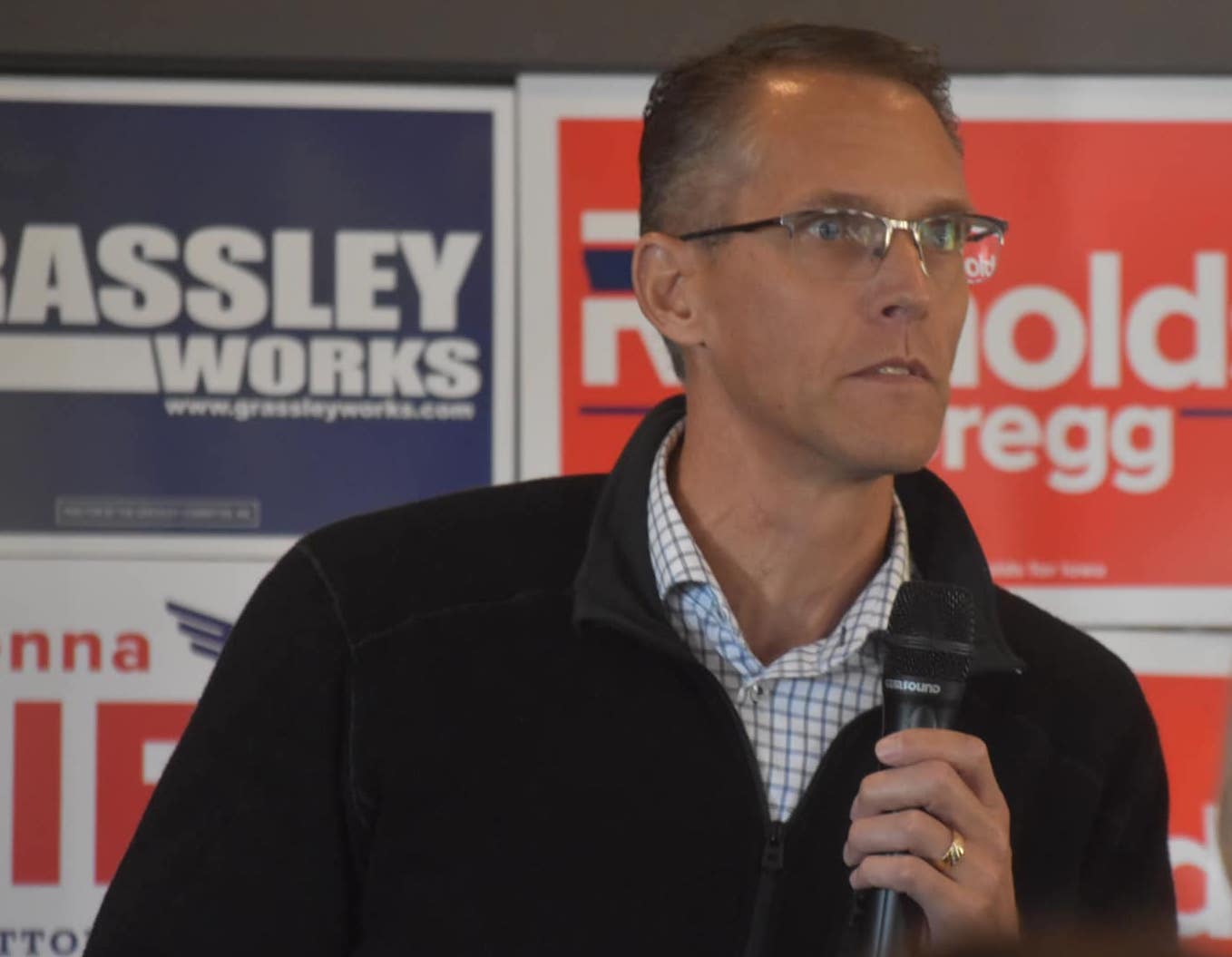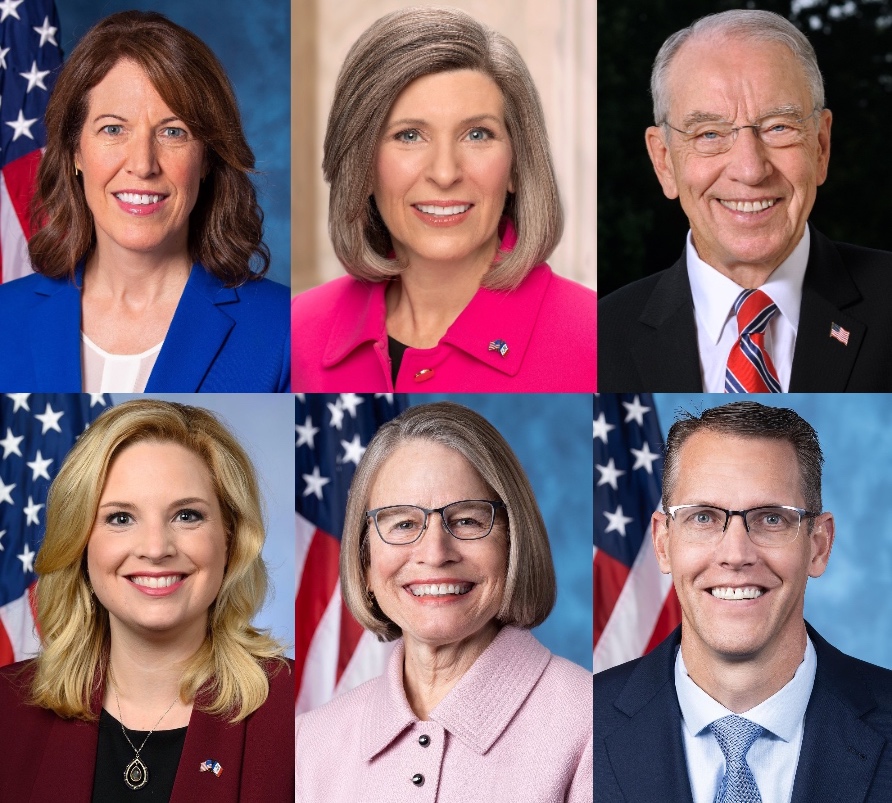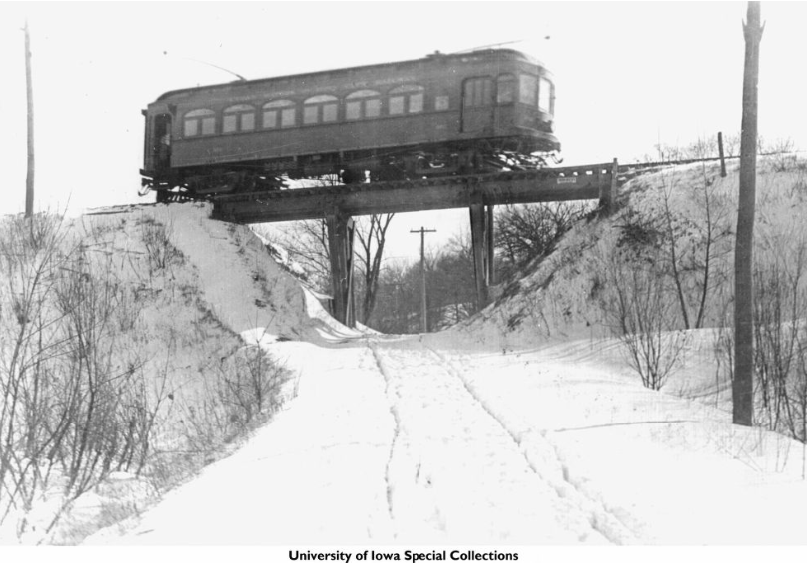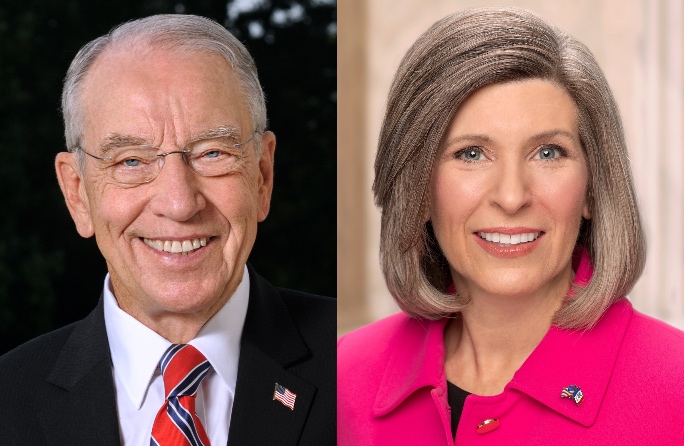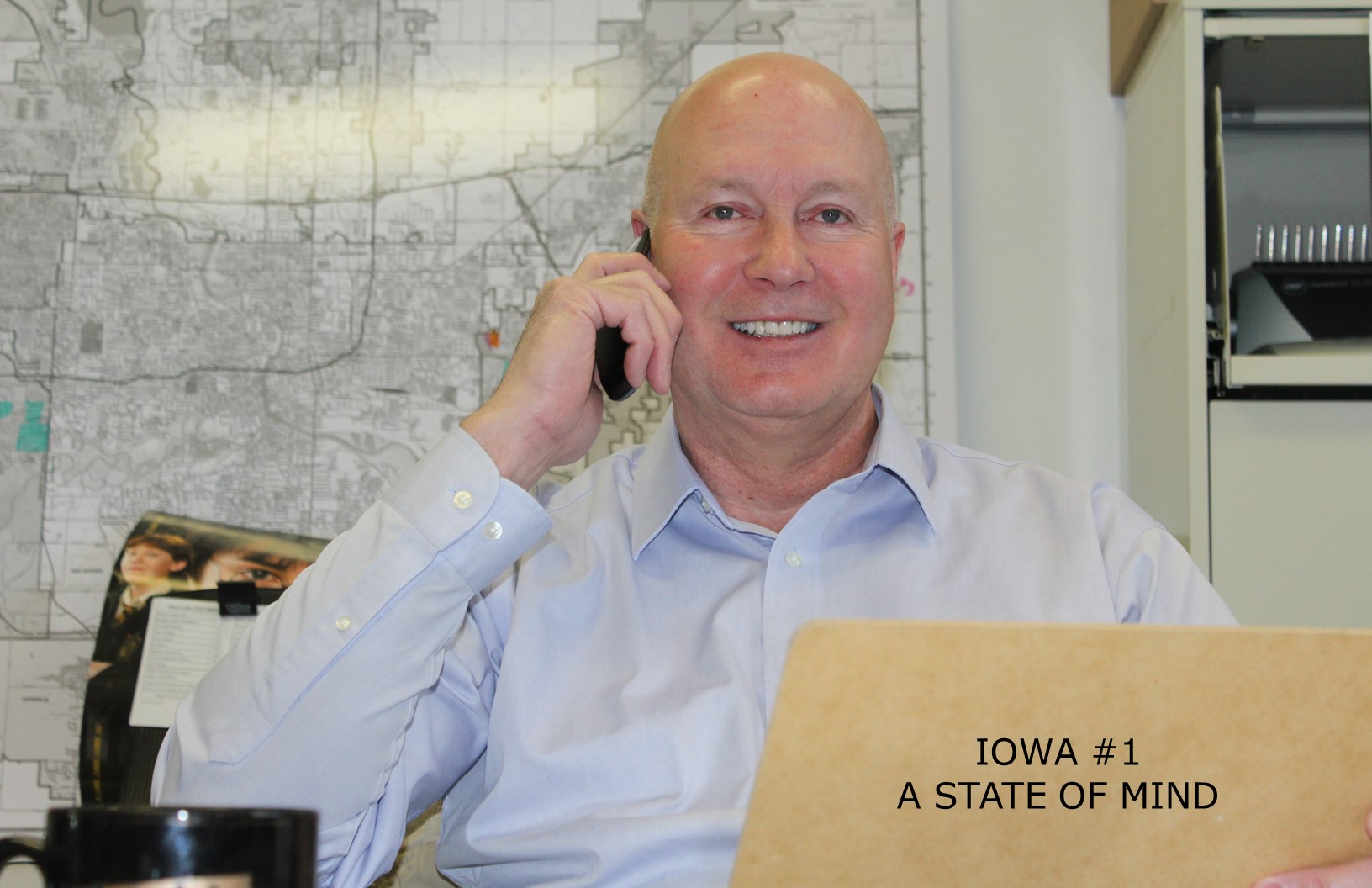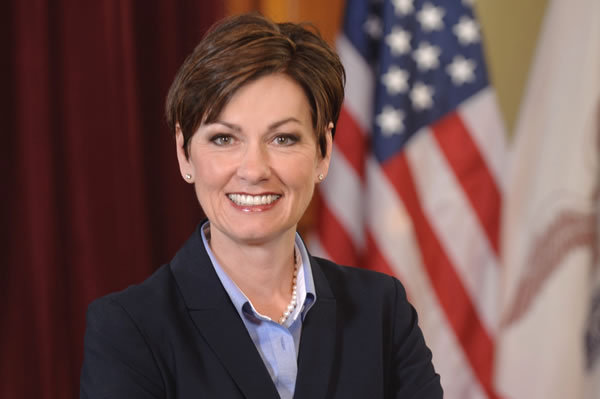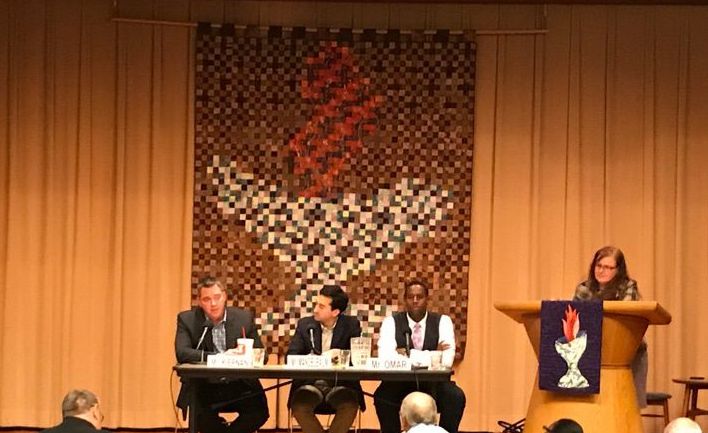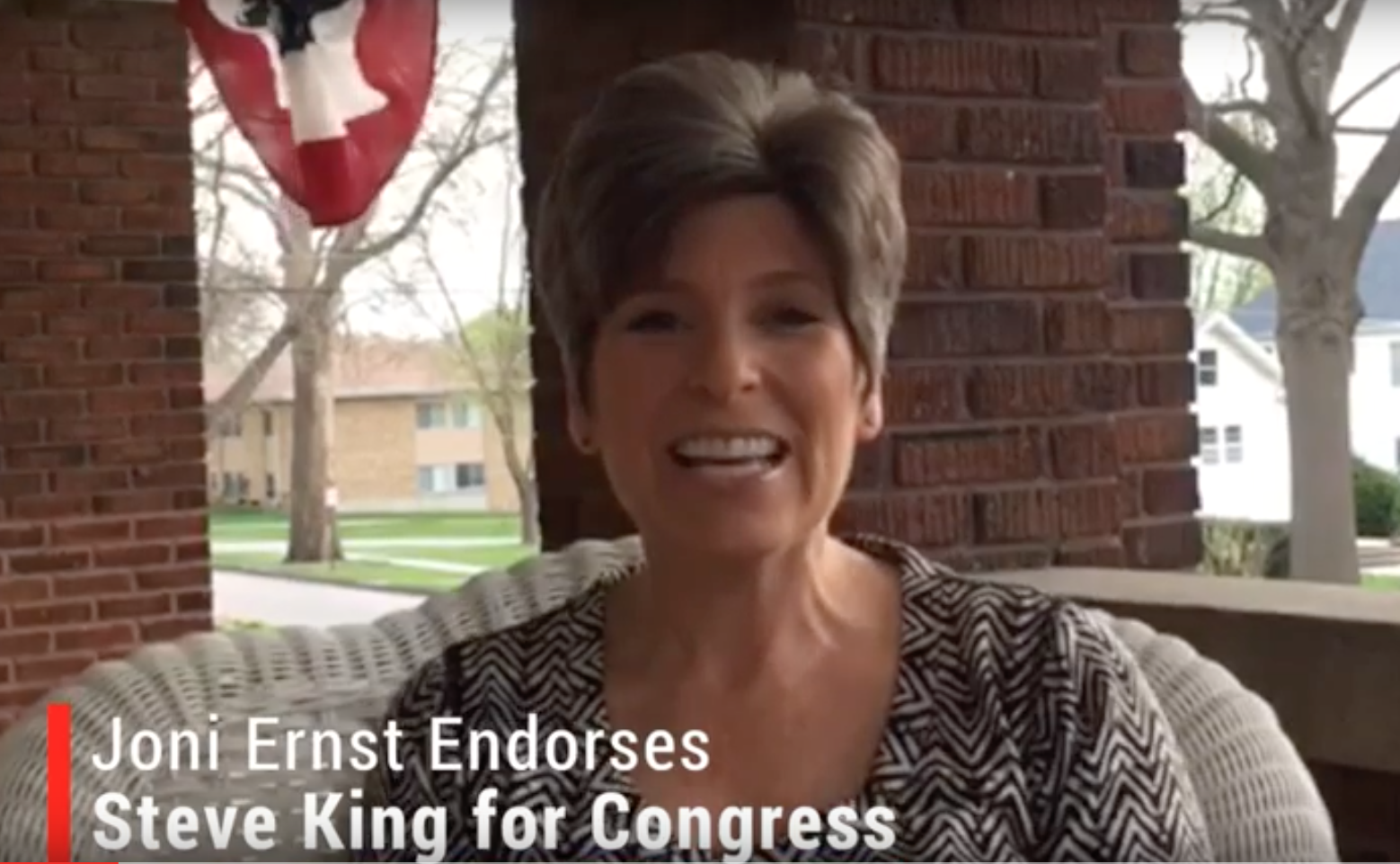Today U.S. Senator Joni Ernst became the third Iowa Republican heavyweight to endorse Representative Steve King, who faces a primary challenge from State Senator Rick Bertrand in Iowa’s fourth Congressional district. Ernst didn’t just allow King’s campaign to announce her support in a statement, she also filmed a short video which I’ve enclosed below, along with a transcript.
Birds can be heard singing in the background as Ernst praises King for supporting life, liberty, the military, four-laning U.S. Highway 20, and the fuel blender tax credit. The sound you can’t hear is the door slamming on Bertrand’s already slim chance to win this primary.
Ernst served with Bertrand in the Iowa Senate GOP caucus from 2011 through 2014, so has observed his political work more closely than most Republicans. She could have stayed neutral, though seven-term incumbent King was heavily favored to win the IA-04 primary even before Iowa Secretary of Agriculture Bill Northey and U.S. Senator Chuck Grassley publicly backed him.
As with Grassley’s endorsement, I wonder whether Ernst wanted to dish out some payback to Nick Ryan, the dark money operative who was recruiting a primary challenger in IA-04 and endorsed Bertrand immediately after the state senator made his campaign official.
Ryan worked for Mark Jacobs during his race against Ernst and others in the 2014 GOP primary for U.S. Senate. (Bruce Rastetter, a frequent ally of Ryan and major ethanol industry figure who is also supporting Bertrand against King, backed Ernst early in that race.)
Bertrand has been promoting himself as someone who will deliver for IA-04 in Congress, rather than trying to be a “national figure.” Last week, he asserted in an interview with the Des Moines Register’s William Petroski that there is widespread “discontentment” with King, who “has gone Washington.” Echoing that talking point, Ryan told Petroski, “I believe we can do better. I want a conservative congressman that cares more about getting things done for his district than booking an appearance on Fox or MSNBC.”
Ryan can raise a lot of money to spend on campaigns, but his track record in Iowa GOP contests is mixed. Unsuccessful candidates who benefited from spending controlled by Ryan include: Jim Gibbons in the 2010 primary for Iowa’s third Congressional district, Annette Sweeney in the 2012 primary for Iowa House district 50, Jacobs in the 2014 Senate primary, Matt Schultz in the 2014 primary for IA-03, and Mike Huckabee before the latest Iowa caucuses.
P.S.-Asked this morning whether he wants “to see King defeated” in June, Governor Terry Branstad replied, “It’s up to the voters to decide in each of these instances and I’ve always had confidence in the voters of Iowa to make a good decision and I will obviously support the Republican nominees,” O.Kay Henderson reported for Radio Iowa. Branstad made headlines by calling for Ted Cruz’s defeat less than two weeks before the Iowa caucuses. King was Cruz’s leading surrogate in Iowa after endorsing the Texas senator for president in November.
Continue Reading...

